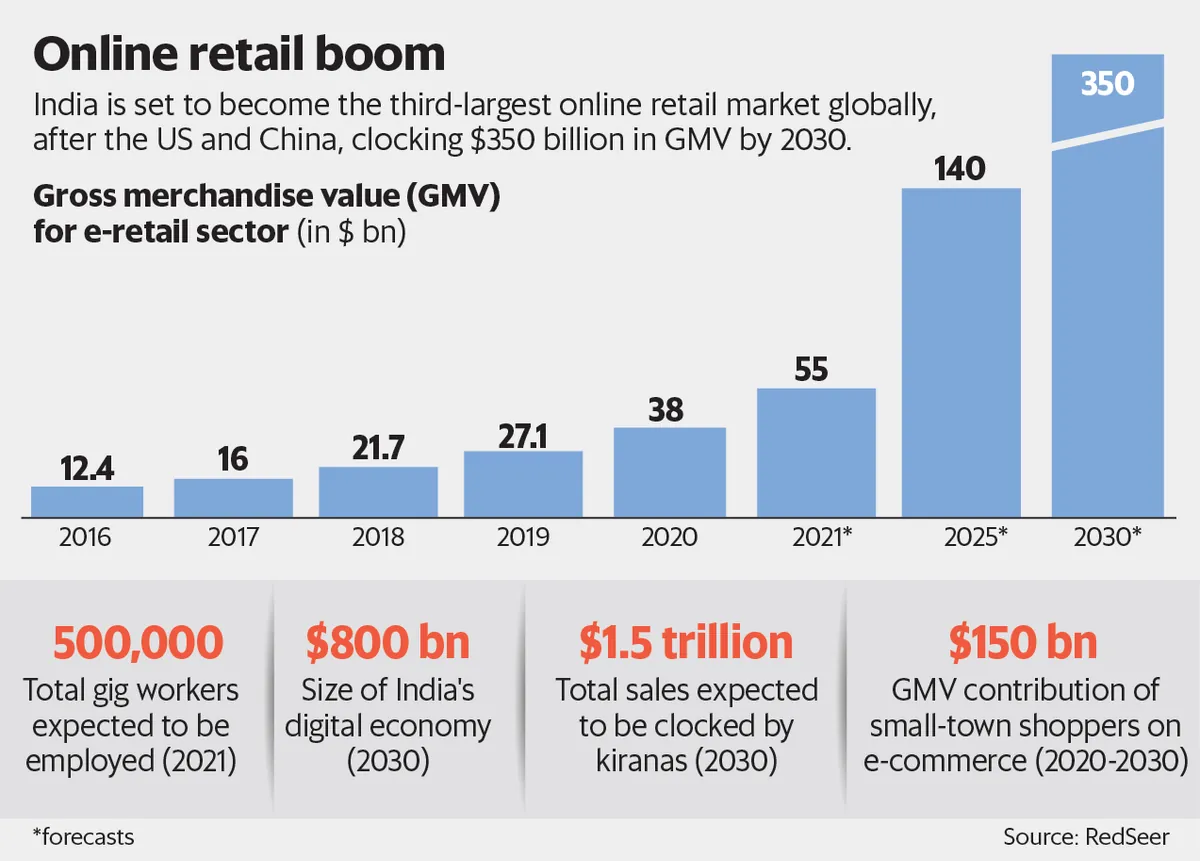Indian Watchdog Finds Amazon and Flipkart Violated Competition Laws
Indian antitrust probe reveals Amazon and Walmart's Flipkart breached competition laws by favoring select sellers. Companies deny allegations as e-commerce market in India continues rapid growth.

An Indian antitrust investigation has concluded that Amazon and Walmart-owned Flipkart violated local competition laws, according to confidential reports obtained by Reuters. The probe, initiated by the Competition Commission of India (CCI) in 2020, found that both e-commerce giants gave preferential treatment to select sellers on their platforms, disadvantaging smaller players in the market.
The investigation, spanning over 2,700 pages in total, revealed that preferred sellers appeared higher in search results, effectively sidelining other merchants. "Ordinary sellers remained as mere database entries," the reports stated, highlighting the impact on smaller businesses.
This development comes as India's e-commerce market continues to expand rapidly. Industry experts project the market value to surge from $57-60 billion in 2023 to over $160 billion by 2028, underscoring the sector's significant growth potential.

The CCI's findings echo similar concerns raised globally about e-commerce practices. In the United States, the Federal Trade Commission has filed a lawsuit against Amazon, alleging anticompetitive strategies to maintain monopoly power. Amazon has refuted these claims, arguing that such actions would harm consumers through higher prices and slower deliveries.
Both Amazon and Flipkart have consistently denied any wrongdoing, asserting that their practices comply with Indian laws. However, the investigation reports paint a different picture, detailing how preferred sellers received advantages in listings and were enabled to offer deep discounts, particularly on mobile phones.
The probe was triggered by a complaint from the Delhi Vyapar Mahasangh, a group representing brick-and-mortar retailers. This reflects the ongoing tension between traditional retailers and e-commerce platforms in India, a country with the world's second-largest internet user base after China.
"Each of the anti-competitive practices alleged ... were investigated and found to be true."
Despite legal challenges by Amazon and Flipkart to block the investigation, India's Supreme Court allowed it to proceed in 2021. This decision came after a Reuters investigation in 2021, based on Amazon's internal documents, revealed preferential treatment for a small group of sellers.
The e-commerce landscape in India has evolved significantly since the late 1990s when B2B portals first emerged. The sector now employs over 6 million people directly and indirectly, with mobile commerce accounting for over 70% of transactions. The Indian government's "Digital India" initiative, launched in 2015, has further accelerated digital adoption across the country.
As the CCI prepares to review objections from Amazon and Flipkart before deciding on potential fines, the future of e-commerce regulation in India hangs in the balance. The outcome of this investigation could have far-reaching implications for the industry, potentially reshaping the competitive landscape and influencing future investment strategies of major players in the Indian market.


































